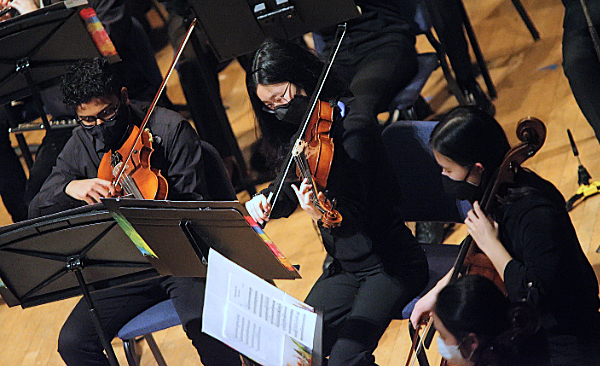Dr. Neha Gothe, a Doctor in Kinesiology and Community Health at the University of Illinois Department of Kinesiology, is conducting a research based study on the benefits of Yoga, Stretching-Toning, and Aerobic exercises on brain health. Gothe is the Director of the Exercise Psychology Lab where she explores the bio-psycho-social health benefits of physical activity across the lifespan.
Darice Brooks, who is coordinating the project, is looking for adults between the ages of 55 and 79 who would like to participate in the free 6-month exercise program.
"Each participant will be a part of one of the three groups and earn up to $240," Brooks said. "Along with the $240, participants will get a physical activity tracker and exercise equipment that they will get to keep at the end of the study."
Brooks said the COVID precautions will be observed with all exercise sessions. Participants and staff are required to wear face masks and all exercise spaces will be cleaned and disinfected following University protocol. Group size is limited to just 10 people at a time and everyone will have "adequate space (6ft or more) between them during the in-person exercise sessions". All research staff members are tested 2x a week via the UIUC Shield program.
The project is seeking participants 55–79 years old, right-handed, desire a more active lifestyle, and exercise less than a couple hours a week. Interested adults also must have no past or current diagnosis of cognitive impairment, have no health conditions that may be exacerbated by exercise, will be in the community for the duration of the study as well as have no MRI contraindications.
The project is funded by a grant from the National Institute on Aging and is called "S.A.Y. Exercise". There are three PhD students and two students working towards their masters also working on the project.
For more information click on the flyer below or visit the study's website at http://www.epl.illinois.edu/say-exercise.


